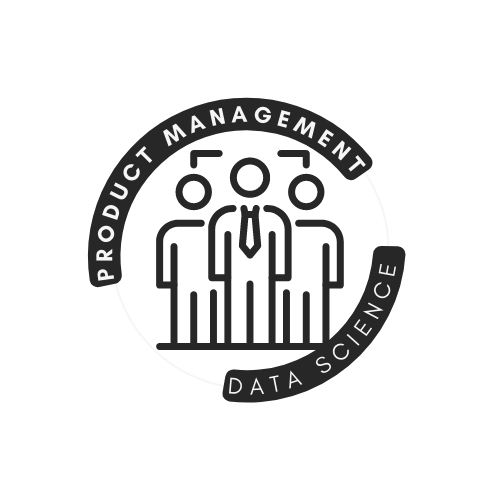KPI (key performance indicator) tracking and analysis are essential aspects of product management. It helps product managers measure the success of their products and identify areas for improvement.
Track and analyze KPIs
So, what is KPI? KPI, or key performance indicator, is a measurable value that reflects the critical success factors of a product or business. For product managers, some common KPIs might include customer satisfaction, revenue, usage, and retention. Therefore, by tracking these KPIs over time, product managers can get a sense of how their product is performing. Plus, whether it is meeting the desired goals. So, in product management, KPI tracking and analysis are very very important.
One way to track and analyze KPIs is to use a tool such as a dashboard or a spreadsheet. These tools allow product managers to input data on various KPIs. It also allows us to visualize the data in a way that is easy to understand. Moreover, this can help product managers identify trends and patterns in the data. It also helps in highlighting any areas where the product is underperforming.
In addition to tracking and analyzing KPIs, product managers should also be proactive in identifying the root causes of any issues or challenges they are facing. This can involve conducting user research, analyzing customer feedback, and working with the development team to identify potential solutions.
Popular quotes on KPI Tracking and Analysis in product management
“What gets measured, gets managed.” — Peter Drucker
Peter Drucker is widely considered the father of modern management theory. He was a consultant, educator, and author who wrote several influential books on management, including “The Practice of Management” and “The Effective Executive.”
“If you can’t measure it, you can’t improve it.” — Lord Kelvin
Lord Kelvin, also known as William Thomson, was a Scottish physicist and mathematician. He made important contributions to thermodynamics and electromagnetism. He was a strong advocate for the use of quantitative methods in scientific and engineering research.
“Not everything that can be counted counts, and not everything that counts can be counted.” — Albert Einstein
Albert Einstein was a German-born theoretical physicist. He is widely regarded as one of the most influential scientists of the 20th century. He is best known for his theory of relativity and his famous equation E=mc².
“In God we trust, all others must bring data.” — W. Edwards Deming
W. Edwards Deming was an American engineer, statistician, and management consultant. He is best known for his work on quality control and process improvement. He is often credited with helping Japan recover after World War II. And for popularizing the concept of Total Quality Management.
“You can’t manage what you can’t measure.” — Tom DeMarco
Tom DeMarco is a software engineer, author, and consultant who has written several influential books on software development and project management. He is best known for his book “Peopleware”. The book advocates for a human-centered approach to software development.
Conclusion
Overall, KPI tracking and analysis are important parts of product management. It helps product managers measure the success of their products. It also helps in identifying areas for improvement. By regularly tracking and analyzing key performance indicators, product managers can make informed decisions about how to improve the product. And drive better business outcomes.
Also, I would recommend this article for further reading.
The career scope of AI product management (2 buzzwords together) is wide and varied, with opportunities in a range of industries and sectors. Support my work and try my book here. Overall, It’s a nice & quick read. It is a non-linear book to get an overview of the in-demand field in the era of intelligent products. Plus, explore these two good resources: Product Management & Data Science. After all, thanks for visiting this blog.

